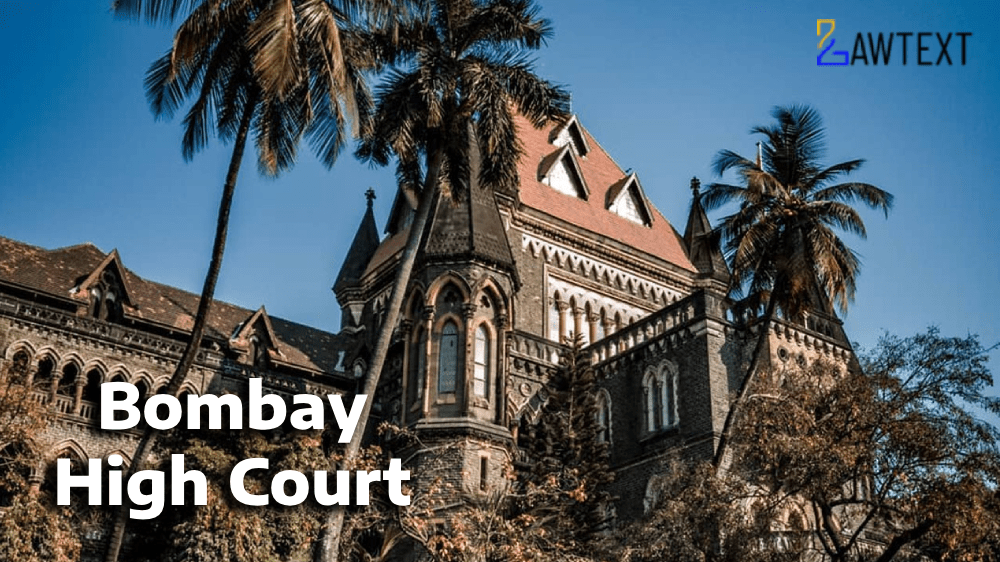

The petitioner, a Charitable Trust engaged in running fodder feeding camps for cattle under a government scheme, sought a writ of mandamus to claim outstanding grant amounts of Rs.1,19,35,750/-. The Court dismissed the writ petition, holding that the case involved seriously disputed questions of fact that required a full trial and could not be adjudicated in summary proceedings under Article 226 of the Constitution of India. The Court left the petitioner free to pursue an alternate remedy, such as filing a civil suit. The Court also addressed issues of compliance, fairness, and the petitioner’s demands for time-bound clearance of dues.
Petitioner’s Background
The Petitioner is a Registered Charitable Trust involved in running Gaushalas and fodder camps for cattle across the country.
Reliefs Sought
The Petitioner sought declarations of compliance with a government scheme for conducting fodder camps and payment of Rs.1,19,35,750/- in unpaid grants.
3-4. Claim for Government Grants
The Petitioner claims it held fodder camps in Nashik district under the state’s scheme and is owed grants for these camps.
6-7. State’s Response on Compliance Issues
Respondents argued that the Petitioner had not fully complied with the scheme’s requirements and that some claims were inflated or related to earlier charitable activities, not the government scheme.
8-9. Petitioner’s Counterargument on Fairness
Mr. Joglekar relied on case law to argue that the state must act fairly and that the denial of the grant was arbitrary.
10-12. State’s Stand on Disputed Claims
The State argued that the Petitioner had already been paid over Rs.1.27 crore and that the additional claims were disputed due to non-compliance and inflated numbers.
13-15. Disputed Facts Beyond Summary Jurisdiction
The Court noted that the petition involved voluminous documents and seriously disputed factual issues regarding compliance with the scheme and animal numbers, requiring a trial, not a writ petition.
16-17. Writ of Mandamus Denied
The Court declined to issue a writ of mandamus, noting that the Petitioner had not established an unqualified right to the claimed amount and that disputed questions could not be resolved under writ jurisdiction.
18-19. State’s Fairness in Paying Undisputed Amount
The Court found no arbitrariness or unfairness on the part of the State, as it had paid the undisputed amount promptly.
20-21. Suit as Appropriate Remedy
The Court observed that a civil suit was the proper forum for resolving such disputed factual issues, especially in matters involving money claims.
22-23. Petitioner’s Additional Prayer for Policy
The Petitioner’s plea for a policy on time-bound clearance of dues was also dismissed, as there was no need for such directions in this case.
24-26. Liberty to Approach Civil Court
The Court granted the Petitioner liberty to file a civil suit within three months, noting that the petition had been pending for a considerable time.
27-28. No Determination on Merits
The Court clarified that its observations were only in the context of whether the writ was an appropriate remedy and that it had not commented on the merits of the case.
The Court ruled that a writ petition cannot be entertained in matters where there are seriously disputed questions of fact, requiring a trial. Such disputes, particularly those involving monetary claims, must be resolved through a civil suit or other appropriate legal forums, not under the writ jurisdiction of the Court.
Citation: 2024 LawText (BOM) (10) 104
Case Number: WRIT PETITION NO.2228 OF 2021
Date of Decision: 2024-10-10
Case Title: Akhil Bharat Krishi Go Seva Sangh Versus The State of Maharashtra, Through Revenue Department Through The Principal Secretary & Ors.
Before Judge: M. S. SONAK & JITENDRA JAIN, J.J.
Advocate(s): Mr. Vaibhav Joglekar, Senior Advocate a/w. Ms. Siddh Vidya, Ms. Shalaka Karkar, Mr. Arjun Yadav i/b. M/s. Siddh Vidya & Associates for Petitioner. Mr. A. I. Patel, Addl. G. P. a/w. Ms. P. N. Diwan, AGP for Respondent State.
Appellant: Akhil Bharat Krishi Go Seva Sangh
Respondent: The State of Maharashtra, Through Revenue Department Through The Principal Secretary & Ors.